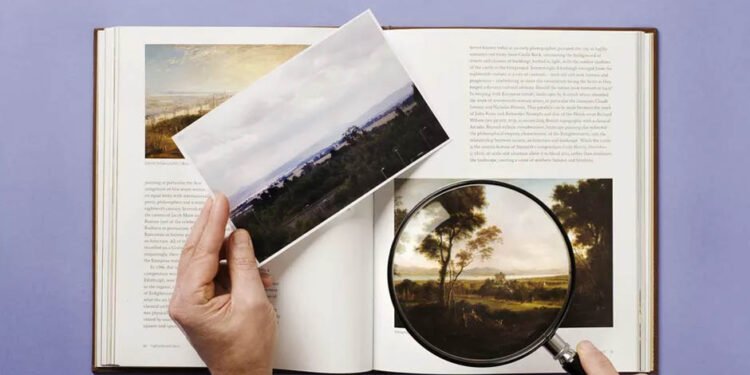Studying art history online presents unique challenges and opportunities. Developing effective study habits is crucial for understanding the rich tapestry of artistic expression and excelling in your coursework. By adopting disciplined approaches and leveraging digital resources, you can navigate the complexities of art history courses and achieve academic success.
Creating a Dedicated Study Space
Establishing a dedicated study space is essential for optimising your learning experience in online art history courses. Choose a quiet, well-lit area free from disturbances where you can focus on your coursework. Ensure your study space has all necessary materials, including reliable internet access and course materials. This designated environment will help cultivate a mindset conducive to learning and concentration.
Maintain a consistent study schedule tailored to your personal preferences and commitments. Establishing regular study sessions allows you to effectively manage your coursework and maintain momentum throughout the semester. Incorporate breaks into your study routine to prevent burnout and promote sustained focus. Setting achievable goals for each study session will provide a sense of accomplishment and encourage continued progress in your online art history studies.
Engaging Actively with Course Materials
Active engagement with course materials is essential for deepening your understanding of art history concepts and themes. Take notes while reading assigned texts or watching lectures to capture key ideas and insights. Summarise complex information in your own words to enhance comprehension and retention. Engage in discussions with instructors through online forums or virtual meetings to exchange perspectives and expand your knowledge base.
Participate actively in online discussions and collaborative projects to enrich your learning experience and gain diverse perspectives on art history topics. Sharing your insights and responding to others’ contributions can deepen your understanding of course materials and cultivate critical thinking skills. Active participation demonstrates your commitment to academic excellence and fosters a supportive learning community within your online art history course.
Utilising Digital Resources Effectively
Maximise using digital resources to enhance your understanding of art history concepts and reinforce learning objectives. Access online databases, virtual libraries, and multimedia resources to supplement course materials and explore additional topics of interest. Leverage digital tools such as interactive maps, virtual museum tours, and educational videos to immerse yourself in the cultural contexts and artistic movements discussed in your online art history course.
Utilise time management tools and productivity apps to organise study sessions, set reminders for assignments, and track your progress in art history courses. By harnessing the power of digital resources, you can streamline your learning process and optimise your study habits for academic success. Stay informed about course updates and deadlines through online portals or communication platforms to stay on track and proactively manage your coursework.
Seeking Support and Feedback
Seeking support from instructors, tutors, or classmates is essential for addressing questions, clarifying concepts, and seeking feedback on your academic progress. Use online office hours, discussion forums, or email communication to contact instructors with specific queries or concerns about your online art history coursework. Engage in peer collaboration and study groups to exchange ideas, review course materials, and prepare for assessments collaboratively.
Request constructive feedback on assignments or projects to identify areas for improvement and develop your academic skills in online art history courses. Actively participate in peer review activities to gain diverse perspectives and insights on your work, fostering continuous growth and development as an art history student. By embracing a collaborative approach to learning, you can enhance your academic performance and build valuable connections within your online learning community.
Managing Online Art History Course Assignments
Effectively managing assignments and deadlines is crucial for success in art history courses. Develop strategies for organising coursework, prioritising tasks, and allocating research, writing, and revision time. Utilise digital calendars, task management tools, and reminder systems to stay on track with assignments and ensure timely submission.
Developing Effective Study Strategies for Art History Exams
Preparing for online art history course exams requires strategic planning and a thorough review of course materials. Implement strategies such as creating study guides, practising with past exams or quizzes, and reviewing key concepts and themes. Use online resources, flashcards, and mnemonic devices to reinforce your understanding of art history topics and confidently demonstrate your knowledge during assessments.
Developing effective study habits is essential for excelling in an art history course online. By creating a dedicated study space, engaging actively with course materials, utilising digital resources effectively, and seeking support and feedback from instructors and peers, you can optimise your online learning experience and achieve academic success. Cultivate a disciplined approach to studying art history online, prioritise consistent effort and engagement, and leverage available resources to enhance your understanding and appreciation of artistic expression throughout history.












